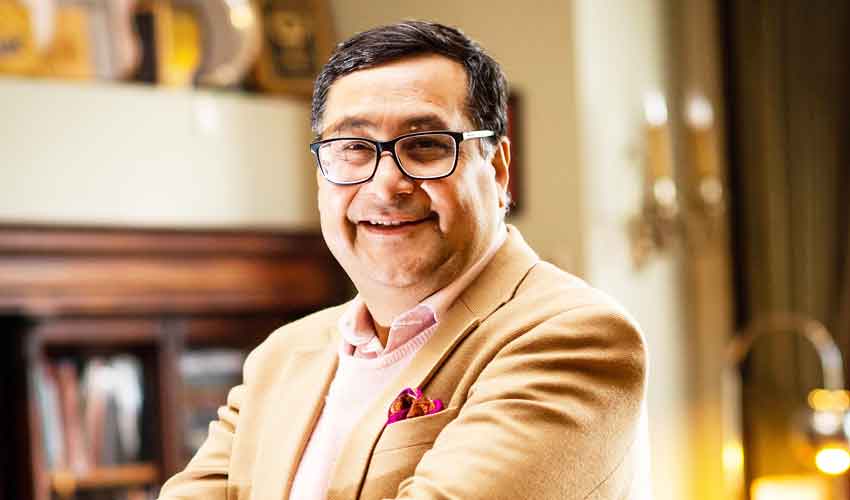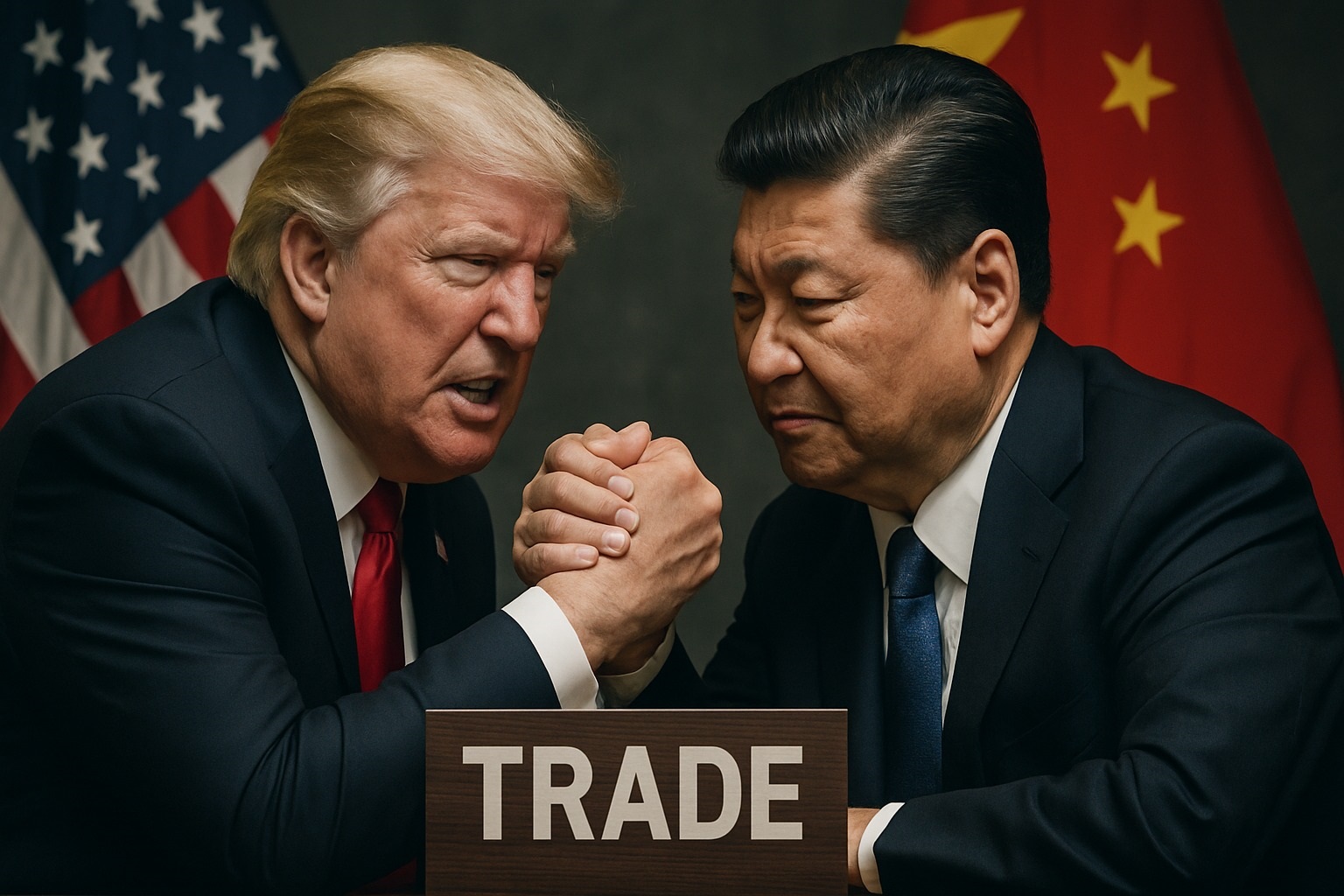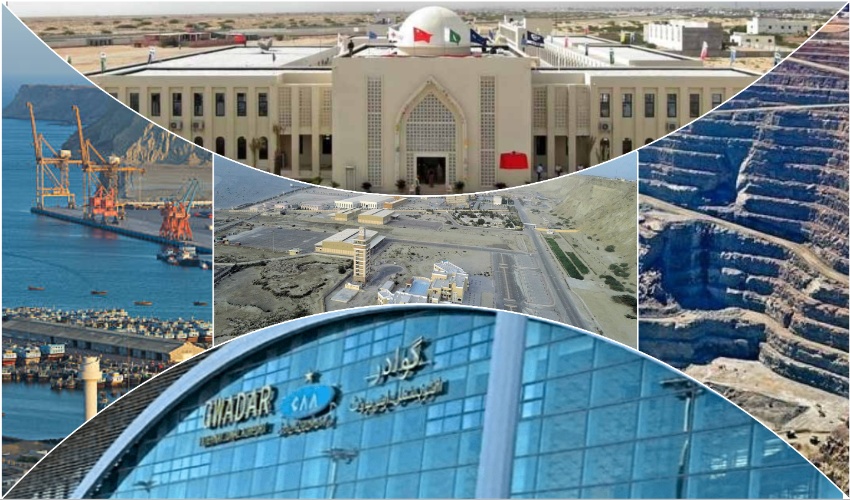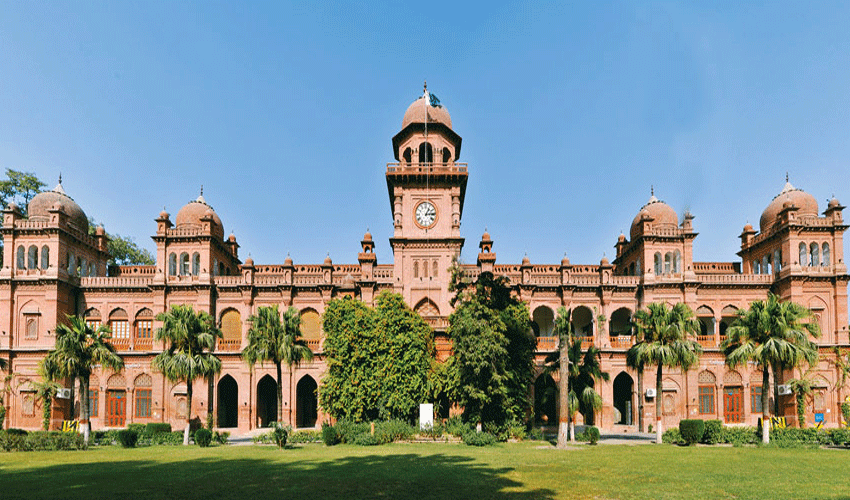Eminent academic Dr. Adil Najam has urged Pakistanis to take ownership of the environmental challenges their country faces and highlighted the importance of making climate change a local issue.
In a recent interview with Samaa Digital, the president of WWF-International, emphasized the need to shift the discourse on climate change from a global perspective to a more localized, desi approach.
A Call for Local Perspective:
Dr. Najam stressed the necessity of addressing climate change as a local issue in Pakistan. He challenged the prevailing mindset that distances individuals from the consequences of their actions. "We have always hid behind the notion that we haven't done anything, and the climate crisis is not our doing," he said.
Drawing attention to everyday occurrences like smog-related health issues, he urged people to consider where the emissions from their vehicles end up. Making climate change a Pakistani issue is crucial to mitigating the challenges the country faces.
Individual Responsibility for Change:
While acknowledging the government's efforts in combating climate crises, Dr. Najam emphasized that real change begins at the individual level. "The government can make a policy and try to implement it, but it's us as individuals who have to adopt the policy individually," he remarked.
He urged individuals to be agents of change, taking ownership of issues such as extreme heat waves, floods, and smog. Only when individuals actively participate in the process can they hold the government accountable for necessary actions.
The Economic Toll of Smog:
Dr. Najam pointed out that the impact of smog in Lahore extends beyond health concerns, affecting the economy. People are forced to invest in air purifiers, avoid going to offices and schools, leading the government to impose curfew-like situations during periods of poor air quality. These measures come at an economic cost, underscoring the urgency of addressing climate issues not just as health concerns but as economic challenges affecting everyday lives.
Incorporating Economic Costs in Our Lives:
He highlighted that the economic cost of climate crises needs to be integrated into our daily lives. "Our lives have become costly," Dr. Najam noted, urging individuals to recognize and address the economic implications of climate-related challenges.
Rectifying Mistakes:
Dr. Najam acknowledged that mistakes have been made at various levels—policy, implementation, and individual actions. He emphasized that the time has come to rectify these mistakes systematically, one step at a time, for a sustainable future.
Balancing Local and Global Action:
Addressing climate change requires both international and regional collaboration, according to Dr. Najam. While advocating for a global approach, he highlighted the importance of simultaneous domestic efforts within Pakistan to effectively mitigate the challenges posed by climate change.
Transforming 'Their Problem' into 'Our Problem':
Dr. Najam emphasized the need to shift the perception of climate change from being "their problem" to "our problem." Until Pakistanis collectively embrace and address climate issues as their own, the country will continue to face the consequences of nature's wrath.
Dr Najam's conversation serves as a clarion call for Pakistanis to take ownership of the environmental issues affecting their country. By shifting the narrative from a global perspective to a local one, acknowledging individual responsibility, recognizing economic costs, and rectifying past mistakes, he envisions a path towards a sustainable future for Pakistan.



























